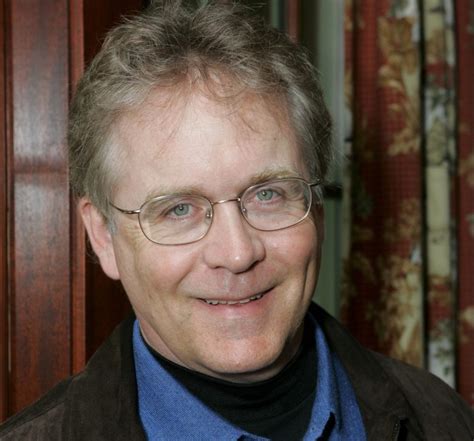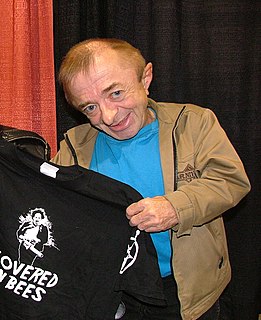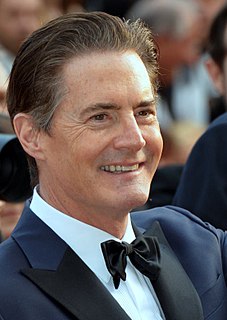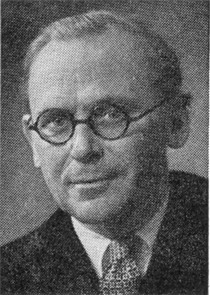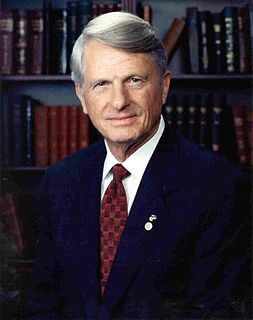A Quote by Mark Frost
The fact that people still talk and obsess about 'Twin Peaks', more than twenty years after the fact, is a great validation for what we thought we had going at the time.
Related Quotes
The first thing I think I ever played in public, aside from singing in church, would have been - and this is a true story - when I was about nine or 10 years old, I was obsessed with Twin Peaks. I played the theme from Twin Peaks on a little tiny Casio keyboard. People politely applauded. I just fell in love with that song and thought it was very heartbreaking.
If you're going to do a memoir, then it's sort of at this age - in your late sixties or seventies - that you do it. I don't understand people who do memoirs when they're 20. I think most people need a little more time than 20 years to become the person they are. In fact, that process of becoming who you are is still ongoing when you get older, where you go, "Let's see where my next 10 years is going to take me." S
The fact 'Twin Peaks' had a life at all took most of us in the cast by surprise. We thought it would be too unusual for network television. The original intention was that it would be a two-hour movie. If the network didn't want to pick it up as a series, it could just show that. But ABC took a chance.
It is more than twenty years since we left the city. This is a serious chunk of time, longer than the years we spent living there. Yet we still think of Jerusalem as our home. Not home in the sense of the place that you conduct your daily life or constantly return to. In fact, Jerusalem is our home almost against our wills. It is our home because it defines us, whether we like it or not.
The same costume will be Indecent ten years before its time, Shameless five years before its time, Outre (daring) one year before its time, Smart (in its own time), Dowdy one year after its time, Ridiculous twenty years after its time, Amusing thirty years after its time, Quaint fifty years after its time, Charming seventy years after its time, Romantic one-hundred years after its time, Beautiful one-hundred-and-fifty years after its time.
I remember nothing about it except a philological fact. My mother said nothing about the dragon, but pointed out that one could not say 'a green great dragon', but had to say 'a great green dragon'. I wondered why, and still do. The fact that I remember this is possibly significant, as I do not think I ever tried to write a story again for many years, and was taken up with language.
There are a lot of great technicians in advertising. And unfortunately they talk the best game. They know all the rules. They can tell you that people in an ad will get you greater readership. They can tell you that a sentence should be this short or that long. They can tell you that body copy should be broken up for easier reading. They can give you fact after fact after fact. They are the scientists of advertising. But there's one little rub. Advertising is fundamentally persuasion and persuasion happens to be not a science, but an art.
As a matter of fact, it was only through the dealer Fred Jahn that I succeeded in overcoming my reservation about the works on paper and exhibiting them. Added to this, of course, was the fact that after ten years I could see the watercolours in a different light, and in conjunction with pictures painted afterwards, they had at least become more comprehensible to me.
I never know what to tell them. I mean, there's nothing you can say to make a person stop hurting. Half the time, I just feel like telling them the truth. I'd say that for 3 months, you're going to feel worse than you've ever felt and you cope as best you can. And that after 6 months, the pain isn't so bad, but it still hurts more than you think it will. And even after years, you still find yourself thinking about the person you lost and get sad about it. And you still miss them all the time.
